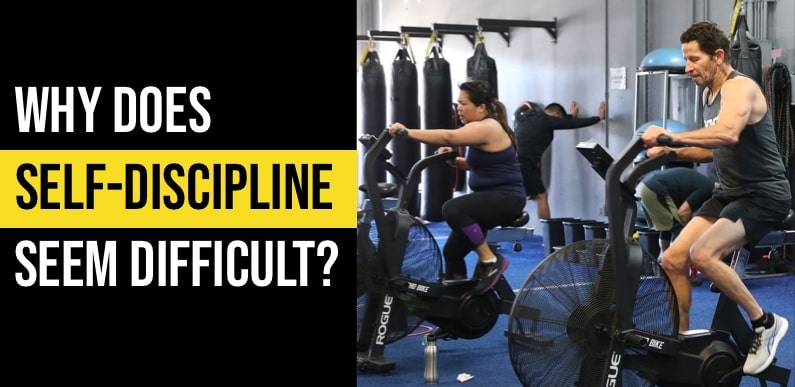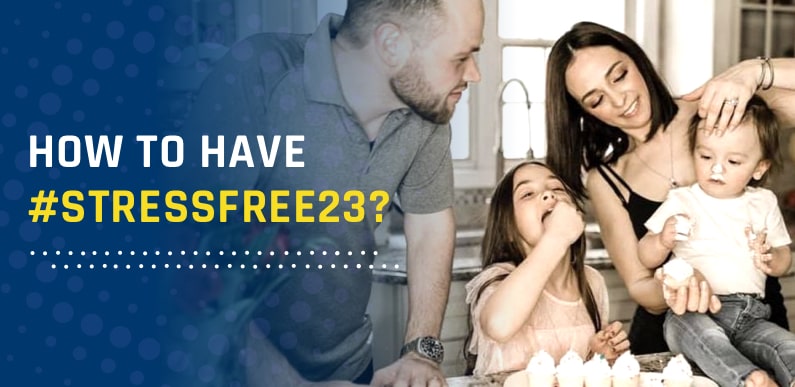

“Responsibility equals accountability equals ownership. And a sense of ownership is the most powerful weapon a team or organization can have.”
Once people stop making excuses, stop blaming others, and take ownership of everything in our lives, we take action to solve our problems. Do not blame others for how you feel or what happens in your life. There are no friendly people out there, but it is your responsibility to make you think and react in certain situations. It does not mean that everything that happens to you is your fault. You must set boundaries for others, but that is your job to make them clear. It is about constantly thinking: “what can I do to improve?” instead of thinking, “the others are stupid.”


Be responsible for yourself. Accept responsibility for your actions. Be accountable for your results. Take ownership of your mistakes. It is okay to “fail,” it is okay to make mistakes… nobody is perfect. And only by “failing” and making mistakes can you learn and get better. So, if that happens next time, do not think “oh, I can’t do this” -> think “okay, what can I do better next time and how can I fix this now” instead. Accept the mistake and move on.
We must remember that we are responsible for our emotional reactions and not for anyone else’s reactions. When we experience an adverse emotional response towards someone else, our first inclination is to blame others. Although it may feel as though the other person “caused” your emotional reaction, the truth is that your response arises from a preconditioned sensitivity to certain stimuli. Certain kinds of scenarios trigger you. It is most evident in situations where you find yourself upset by someone else’s behavior while others who are present are not bothered by that same behavior. You developed many of your emotional sensitivities during your formative years. In this way, specific mental patterns become entrenched. Taking ownership of your actions is the first step.
“It is when you take responsibility for your life that you discover how powerful you truly are.”


Here is how to start building personal ownership:
1. Notice Your Blaming Tendencies
Our tendency to blame others for our circumstances is often a knee-jerk reaction. Therefore, the first step in building ownership is to notice this initial response and acknowledge the part we have played in the situation. The next time things don’t go your way, or an unfortunate situation arises, take a moment to assess your contribution by asking: “What is my role in this?”
Similarly, our tendency to complain is often an automatic response. It is also reactive, passive, and further embeds a victim mentality. If you hear yourself complaining, pause and reassess by asking: “What can I learn from this? What’s the bigger picture?”
Humans are ingenious at developing creative solutions when we need to. Necessity is, after all, the mother of invention. So, if something is important to you — whether it be your health, fitness, relationship, career, education, or happiness — you will find a way despite the obstacles.
So, next time you face a challenging situation, rather than taking a defeatist stance and shutting down your options by saying “I can’t,” try flipping the self-talk by asking yourself, “How can I?”
An excellent exercise to help with this mindset switch is to write down all possible options for resolving your challenging situation. Let go of logic and allow yourself to write down wild and crazy ideas. The purpose is not to come up with a perfect solution straight away. Instead, the process of brainstorming can lead to creative thinking, problem-solving, a plan of action, and a sense of control over your outcomes.
2. Practice Your Power of Choice
When we lack ownership, we tend to fall into the passive trap of saying, “I don’t have a choice.” We always have a choice — even when we do not actively choose, we’re still choosing by default. By acknowledging our options, we ingrain a sense of personal responsibility and develop conscious decision-making.
For example, perhaps you tell yourself you are too tired to go to the gym at the end of a long day. Try re-framing that language to signify your active choice, i.e., “I choose not to go to the gym tonight.” By saying those words out loud, your gut will tell you whether those words are a valid, responsible reason — or if you are blaming external circumstances via an excuse.
Begin to use intentional language around your everyday choices to build a sense of ownership for those decisions:
- “I choose to play with my kids after school.”
- “I choose to go to the gym in the morning.”
- “I choose to eat nourishing food.”
- “I choose to walk to work.”
- “I choose to read instead of watching TV.”
This positive reinforcement of choice will help develop your internal locus of control.
3. Become Accountable
When you hold yourself accountable to others, you are more likely to take ownership of your actions. In turn, it will build a sense of accountability for yourself. Being responsible to others can also provide additional support during challenging situations by ensuring you don’t fall back into previous behavior patterns.
That is why a structure such as the Whole Life Challenge is essential when developing self-responsibility. The accountability of the Challenge’s daily scoring provides an opportunity to consider your behavior, reflect on your choices, and make decisions for the following day.
The accumulation of choices and decisions has a tangible and measurable effect on results at the end of the Challenge. You are, ultimately, responsible for your Challenge experience. Joining a team during the Challenge provides an extra level of accountability and support when making your daily choices.
4. Try Discomfort
Blaming external forces for your circumstances means never having to live outside your comfort zone. While comfort zones may feel safe, change never happens there. To grow, develop, and create a fulfilling life, we need to step outside our comfort zone and build a sense of responsibility for our outcomes.
Like any beginner, the first time we try something new, we are likely to fail a few times. And that is okay. Failure is nothing to be afraid of — it is one of the most effective ways to learn and is a clear indicator that you influence your outcomes. Failing, learning, and practicing are the keys to progress. They help you identify a gap, develop a plan, and move forward.
Again, this ties in with the Whole Life Challenge philosophy of progress, not perfection. Being willing to make mistakes, learning from those mistakes, and creating sustainable (imperfect) progress helps develop a sense of control, direction, and responsibility.
It is time to take ownership of your life!
Taking responsibility for your thoughts, actions, and life can feel challenging. It requires a willingness to learn from your mistakes, own your successes and failures, and stop blaming others for your circumstances.
But taking ownership of your life also builds character, grit, and self-respect. It allows you to proactively create a fulfilling, meaningful, and healthy life where you decide how to respond to your circumstances with accountability and fortitude. Once we understand the quality of our life, it influences our mindset, focus, and actions. We have the freedom to choose our response.
So, take ownership of your life — own your decisions, be willing to fail, and become the change you wish to see.
For more Mindset-related blogs, click here https://fns360.com/category/mindset/.






